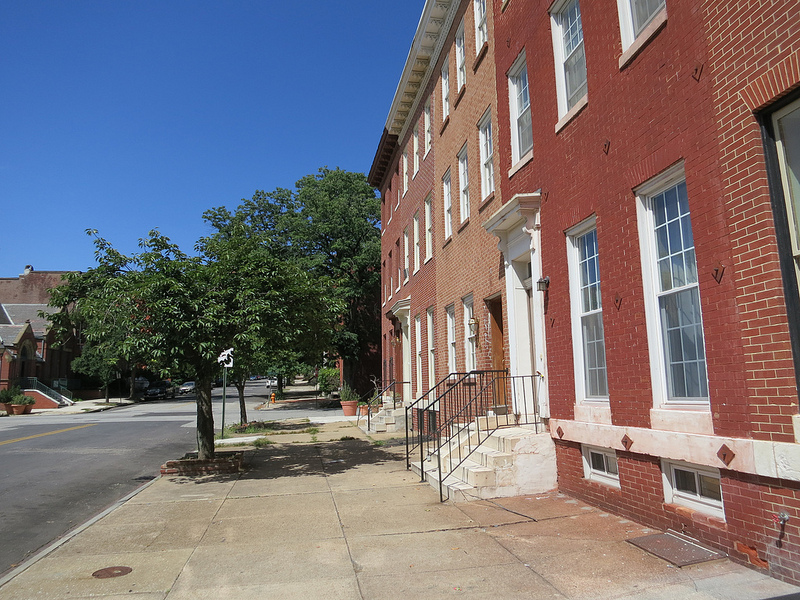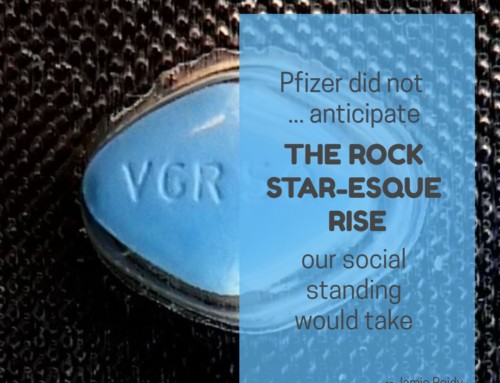Russell Baker, a satirical columnist for the New York Times, wrote his Pulitzer-prize-winning memoir, Growing Up, when he saw that he had become, in his children’s eyes, an old bore who constantly started sentences with “In my day . . .”
Maybe, he thought, it would work better to dig in and tell all the stories, instead of just dominating dinner conversations with his old-timey observations.
I may need to try the same thing, although Baker’s many aunts and uncles are more colorful than mine. Baker wishes he’d paid more attention as the relatives sat on their rural Virginia front porches discussing sick cows or the sheriff’s recent arrests.
Baker’s mother was widowed young. At the first opportunity, she slipped out from under the thumb of a commanding mother-in-law, taking Russell and his sister to live with relatives in New Jersey.
Uncle Allen and Aunt Pat took them in. Aunt Pat was a spicy mix of Irish and Cuban. Uncle Allen was the kind of man who would buy a magazine subscription from a timid young nephew, just to boost his lower-than-the-ground-floor confidence.
Magazine-selling was just one job at which young Russell failed. The others might or might not be banjo player, fire truck washer, grocery clerk or gym gofer. You’ll have to read to find out.
In any case, young Russell and his family collided with the Depression. With money so tight, his relatives, again, entertained him and themselves with conversation. They shared their opinions on politics, movies, their high school Latin teacher and old Aunt Henrietta, not to mention Uncle Harold’s tale of the time the Germans shot him right between the eyes.
Raising children alone during the Depression certainly wasn’t easy for Russell’s mother. Finding generous relatives, finding work, saving for their own home, guiding her children through the shoals of adolescence — it all bore down on her shoulders. All she wanted was “a home of our own,” a search that book them to Baltimore (thus the red-brick rowhouses you see above).
And if there was anything Russell dreaded, it was The Talk. “I heard in school from friends whose parents had told them about sex, and I had picked up enough information about it to realize it would be terribly embarrassing to have to listen to an explanation from my mother. I dreaded the possibility she might try. When she called to me from another room, as she often did, and said, ‘Come in here, Russ, there’s something I want to talk to you about,’ I was in terror that this was the awful moment when she was going to tell me about sex.”
Fortunately, Mrs. Baker found someone to take over this task, someone nicknamed “The Hoboken Tiger.”
World War II broke out just before Russell reached adulthood. He worried that it would end before he got a chance to fight (Oh, please let it end tomorrow, Russell’s mother hoped), and when he donned the uniform, he worried possibly more about his lingering virginity than his ability to land a plane. When he finally fell in love, he tried out “shopworn phrases I’d learned in the movies.” You can see for yourself whether they work on the girls.
Baker writes a wry and self-effacing memoir, an “in my day” lecture that his children should find tolerable. As for the rest of us, Baker failed at many jobs, but finally found his calling: writing.
Photo credit: pasa47 on Visualhunt / CC BY







Leave A Comment